Rules around disposal can feel fussy, but they exist for real reasons. Some everyday items hide toxins, spark fires, or jam sorting lines when compacted. Tossed carelessly, they burden landfills, harm sanitation crews, and seep into soil and water. With a bit of planning, each one has a better route. What this really means is simple: responsible choices protect neighborhoods, stretch resources, and keep local ecosystems breathing a little easier.
Household Batteries
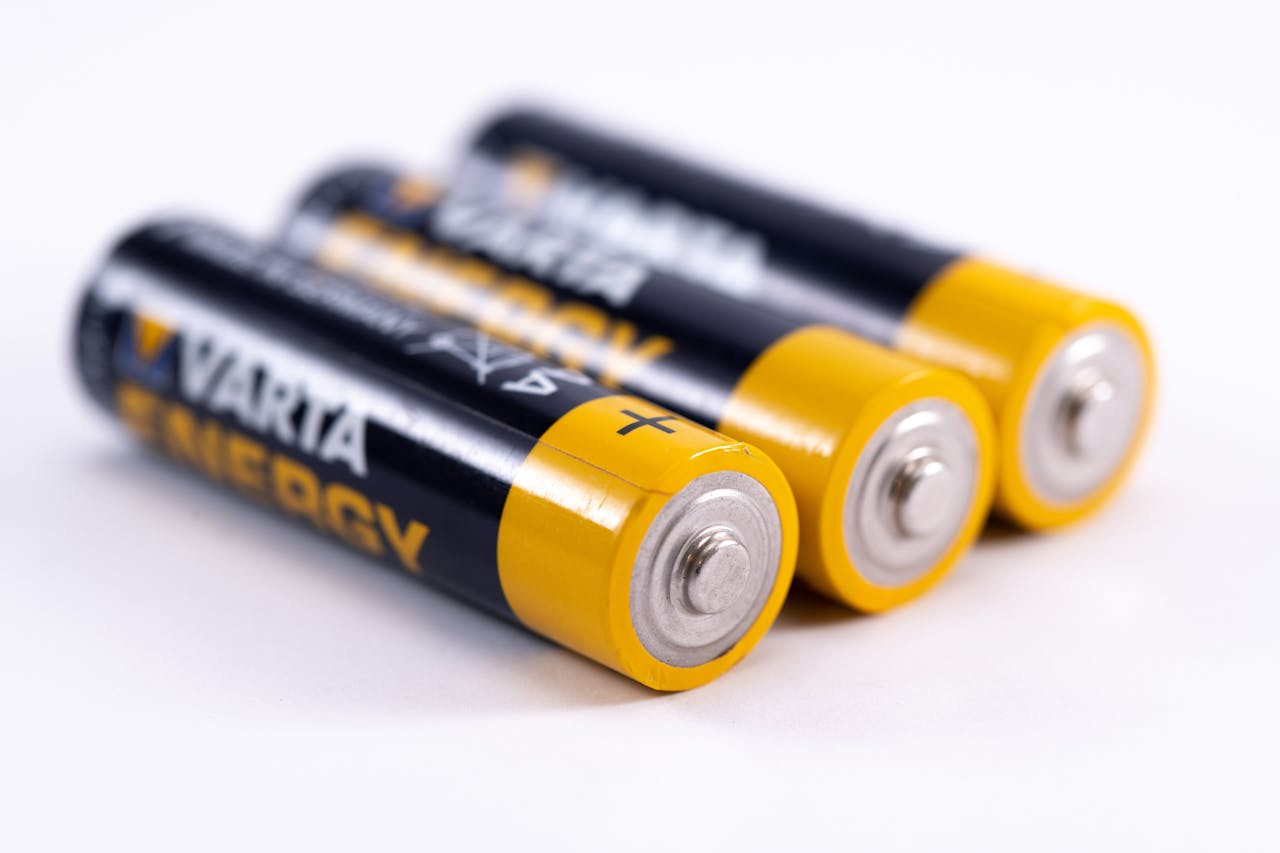
Alkaline cells look harmless, yet their metals and electrolytes add up fast in landfills. Many hardware stores, libraries, and municipal depots now host battery buckets, and mail-back kits make cleanup simple for households. Rechargeables, especially lithium-ion, require dedicated e-waste counters because of fire risk. Tape the terminals, bag them dry, and drop them at an approved site. This small habit prevents truck fires, protects workers, and returns valuable materials to new products.
Electronics and Cables

Old phones, laptops, chargers, and keyboards contain rare earths, copper, and plastics worth recovering. Landfilling e-waste wastes energy and can release hazards when crushed. Certified recyclers, city collection days, and participating retailers accept devices and cords, often providing data wipe support. Still-working tech fits donation and refurbishing programs that bridge the digital divide. Keeping gadgets in circulation preserves resources, lowers extraction pressure, and turns clutter into practical community benefit.
Paint and Solvents
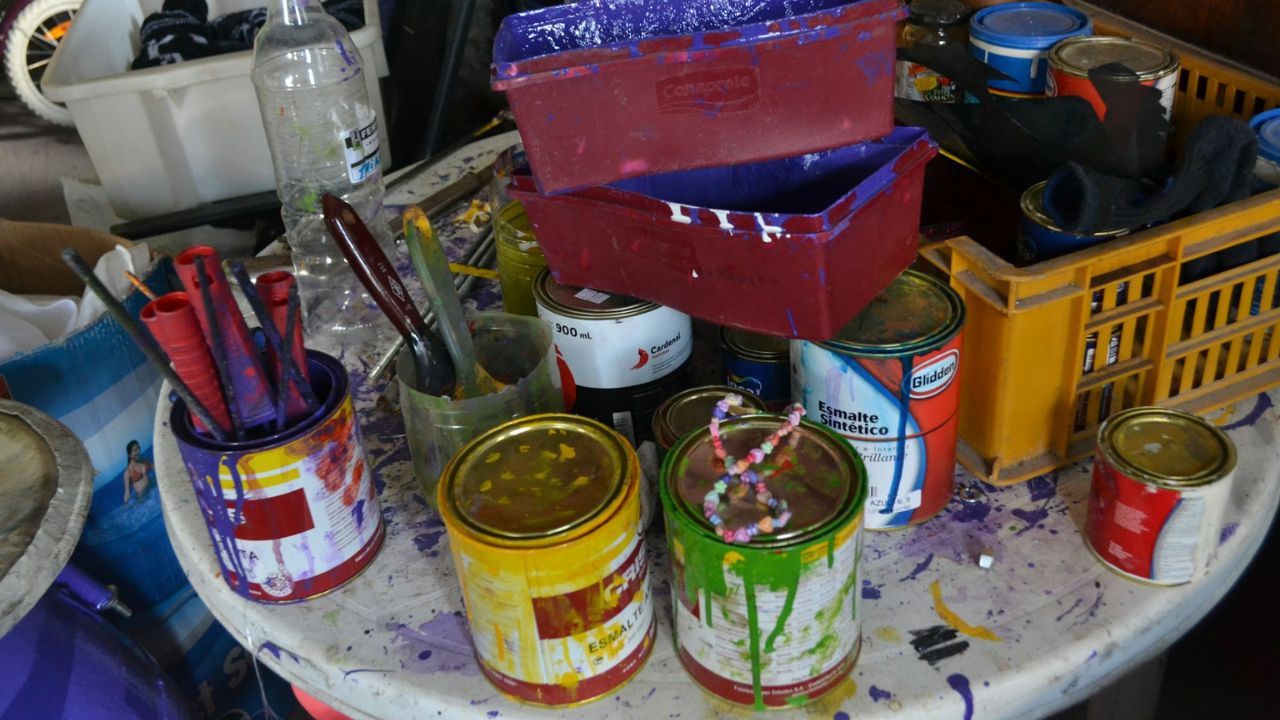
Liquid paint, strippers, and thinners do not belong in bins where they can leak into trucks or drains. Many communities run hazardous waste depots that accept latex and oil-based cans year-round. Some regions allow rock-hard, fully dried latex in regular trash with lids off, but only after curing. Better routes include paint exchange shelves, retail take-backs, and donations to theaters or community projects. Smart handling prevents fumes, protects waterways, and reduces waste.
Motor Oil and Antifreeze
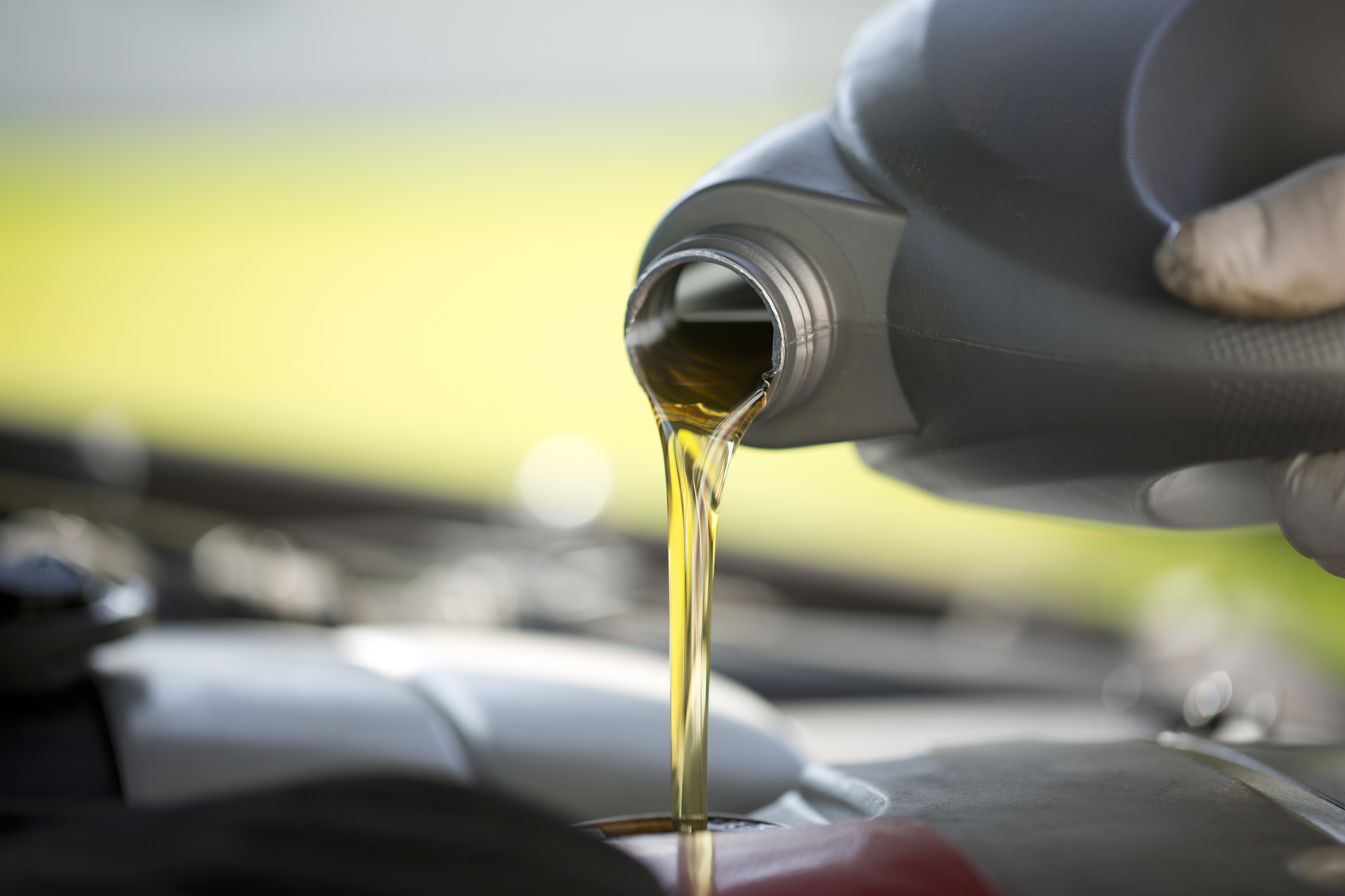
Used oil and coolant carry contaminants that travel quickly through soil and waterways. Auto parts stores, service stations, and municipal depots typically accept both at no charge when delivered in sealed, labeled containers. Never mix with water or other fluids, which complicates recovery. Clean streams become new lubricant, and reclaimed glycol returns to service. Treating these liquids as resources keeps storm drains clear, protects fisheries, and supports a circular maintenance economy.
Fluorescent Bulbs and Tubes
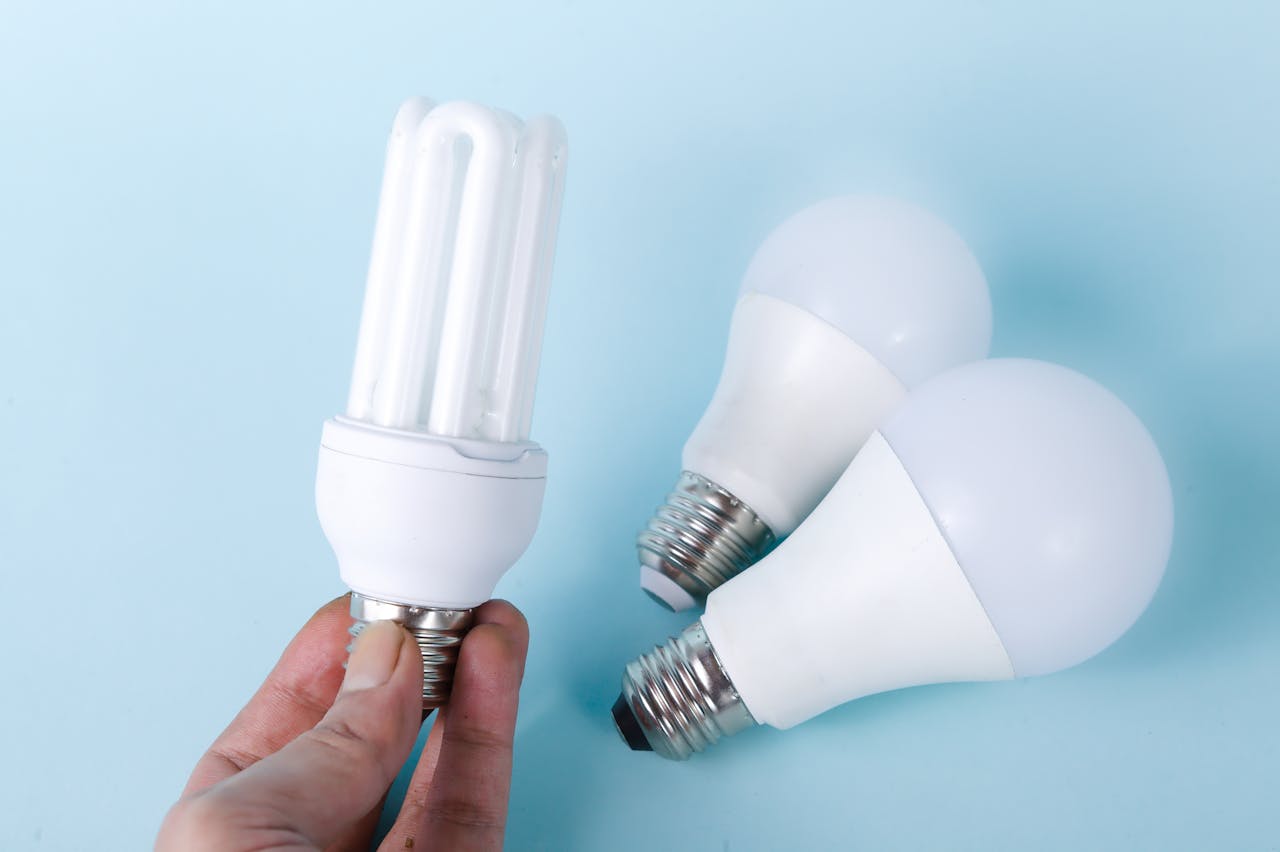
Compact fluorescents and long tubes contain small amounts of mercury that do not belong in household bins. Hardware stores and city depots usually accept them intact in sleeves or protective wrap. Switching to LEDs reduces repeat trips and cuts energy use. If a bulb breaks, ventilate, carefully contain fragments, and transport in a sealed bag. Proper recovery captures mercury, recycles glass and metal, and prevents vapor release during collection and compaction.
Medications
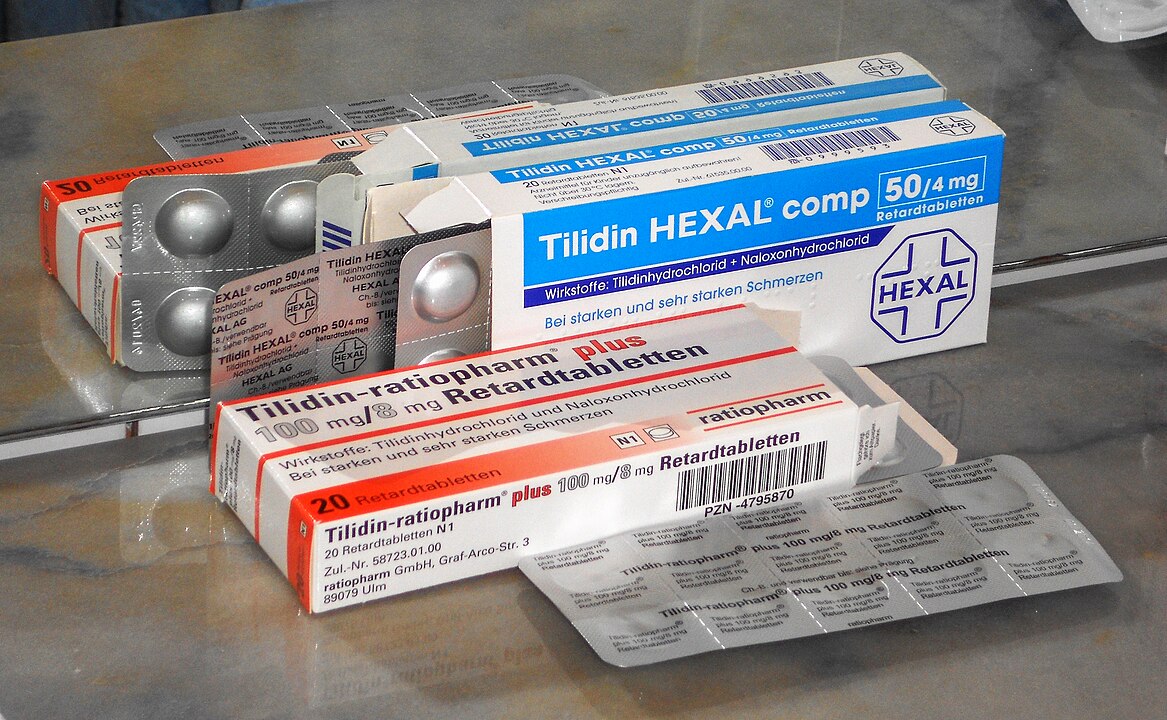
Tossed pills can leach into waterways, and flushing strains systems not designed for pharmaceuticals. Pharmacy take-back counters and periodic enforcement-led events accept tablets, capsules, and liquids, often with anonymous drop boxes. Keep drugs in original containers with personal info obscured, then hand them over sealed. Where no program exists, use disposal pouches that neutralize contents before trashing. Safe return prevents misuse, protects pets, and helps treatment plants function effectively.
Needles and Sharps

Loose needles endanger custodial and sanitation workers, even inside sealed bags. Sharps belong in puncture-resistant containers labeled for biohazards, or sturdy alternatives when locally approved. Pharmacies, clinics, and mail-back services accept sealed sharps containers, and some communities provide kiosks. Never place sharps in curbside recycling. Following the protocol keeps public spaces safer, avoids injuries, and ensures medical waste is treated and traced rather than compacted with ordinary trash.
Refrigerators and AC Units

Appliances with refrigerants require certified recovery before scrapping. Local programs, utility pickups, and licensed yards remove gases, then recycle metals and plastics. Secure doors for safety, clear food, and schedule pickup with clear access. Some utilities even offer rebates for working units to accelerate energy savings. Proper handling prevents harmful releases, protects crews from pressurized lines, and channels large volumes of steel and copper back into manufacturing.
Tires
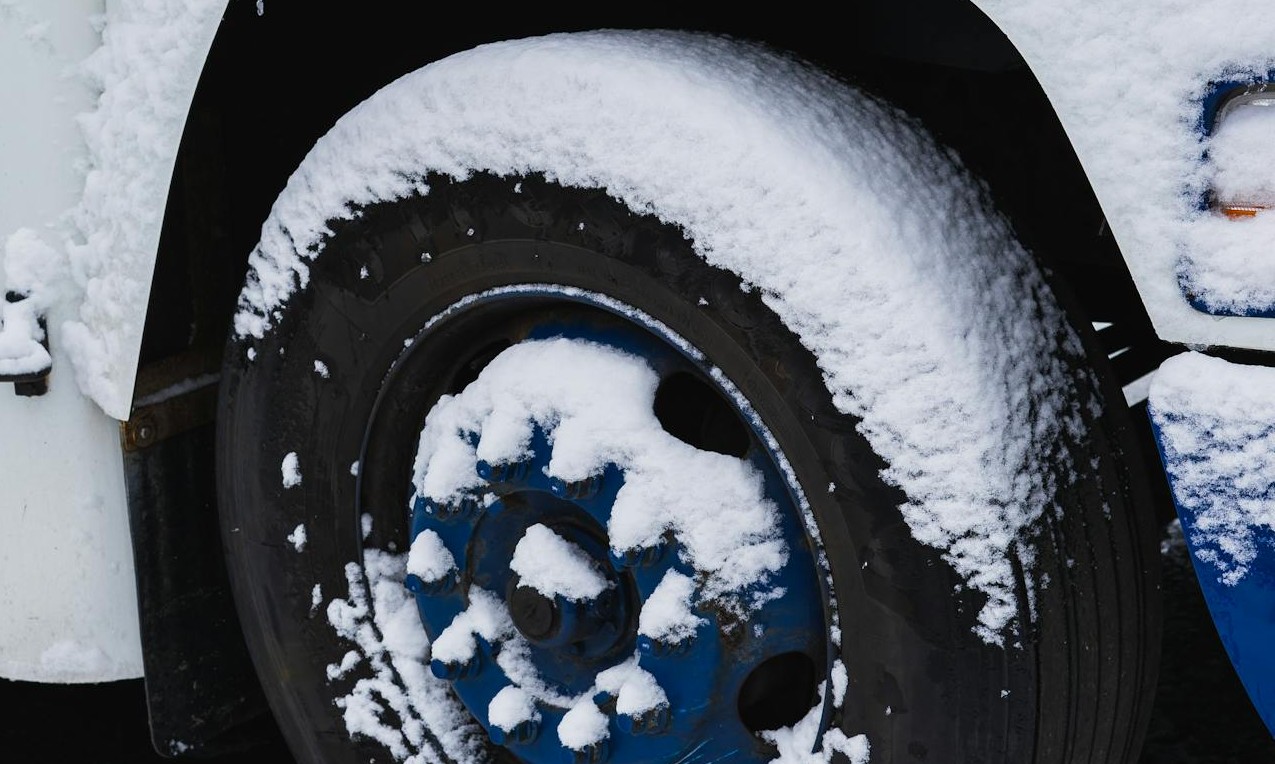
Whole tires trap air and rise through landfill cover, creating voids and maintenance headaches. Most tire shops take back old sets when installing new ones, and municipal yards accept limited quantities for a modest fee. Recovered tires become playground mulch, rubberized asphalt, landscape edging, or fuel in regulated facilities. Stacked improperly, they breed mosquitoes and raise fire risks. Approved recycling streams turn a stubborn waste into durable infrastructure.
Pesticides and Garden Chemicals
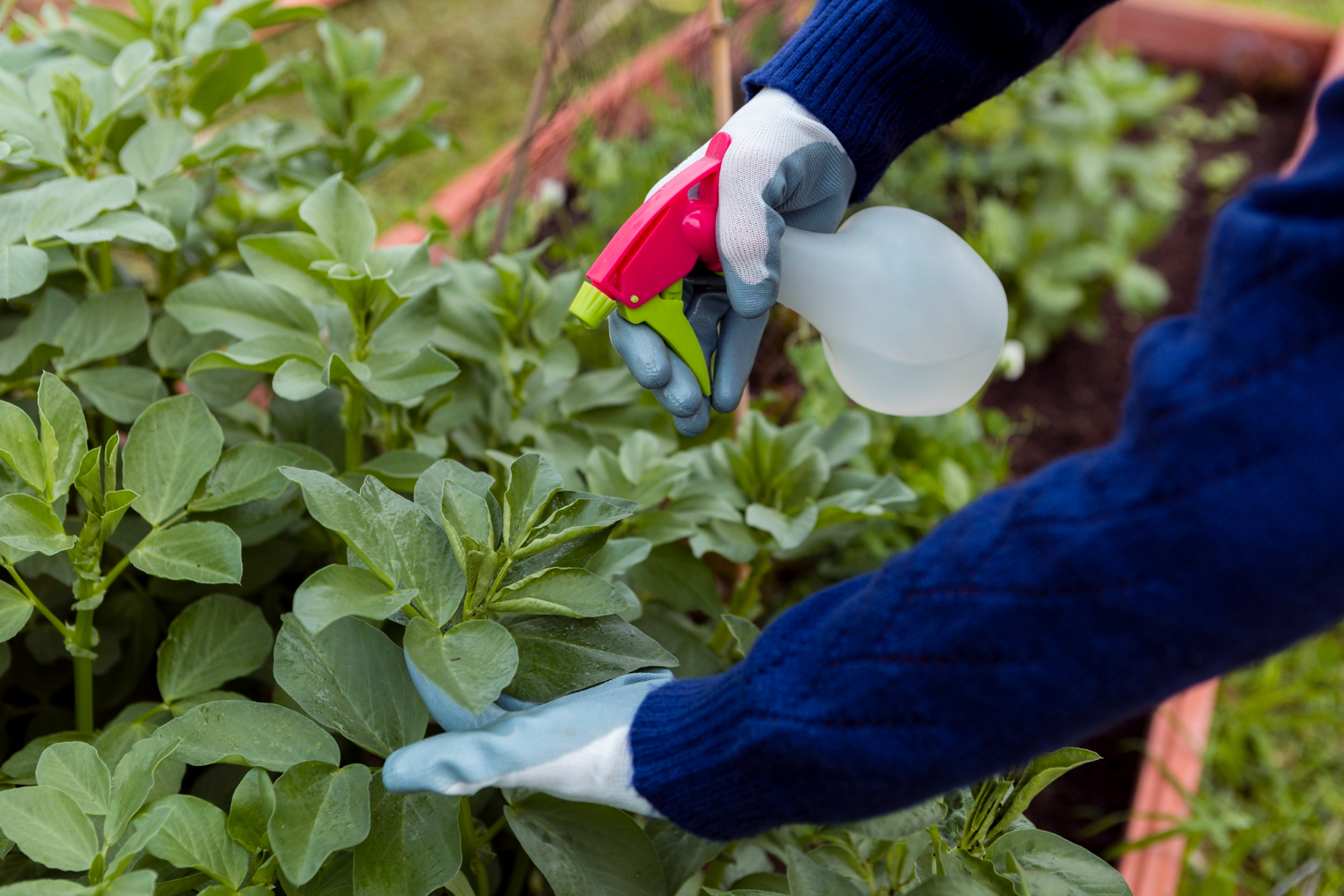
Leftover pesticides, herbicides, and fungicides contain active ingredients that should not mingle with household trash. Hazardous waste depots accept sealed containers with legible labels, preventing dangerous mixtures. Counties publish seasonal drop-off schedules, and farm supply stores sometimes host drives. Keeping products in original packaging helps identify contents quickly. Correct disposal protects pollinators, soil health, and groundwater, and it prevents harmful reactions in collection trucks and transfer stations.
Mattresses and Box Springs

Bulky beds clog transfer stations and tangle sorting equipment when broken apart. Mattress recycling centers strip steel, foam, and fiber for reuse, and many cities offer curbside appointments or vouchers. Charities may accept clean, pest-free units under strict guidelines. When no program exists, contact sanitation for scheduled bulky pickup. Diverting mattresses saves landfill volume, recovers metals, and keeps alleys and vacant lots from becoming informal dumping grounds.


